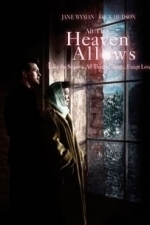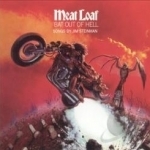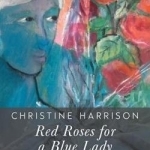
Red Roses for a Blue Lady
Book
'Elusive, enigmatic and poetic' -Margaret Drabble about the story 'La Scala Inflammata"Full of...
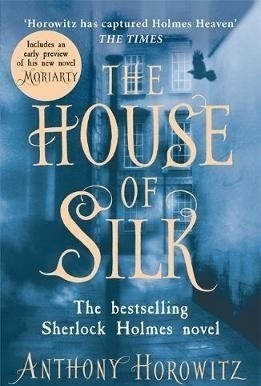
The House of Silk: The Bestselling Sherlock Holmes Novel
Book
'Horowitz has captured Holmes Heaven' (THE TIMES) - THE HOUSE OF SILK was the first official new...
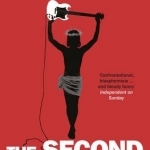
The Second Coming
Book
God takes a look at the Earth around the time of the Renaissance and everything looks pretty good -...
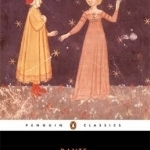
La Vita Nuova: (Poems of Youth)
Dante Alighieri and Barbara Reynolds
Book
A unique treatise by a poet, written for poets, on the art of poetry, LA VITA NUOVA is elaborately...
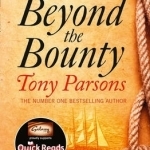
Beyond the Bounty
Book
From the number one bestselling author comes a swashbuckling tale of mutiny and murder in paradise...
Zac Clark recommended All That Heaven Allows (1955) in Movies (curated)
Ross (3284 KP) rated Bat Out of Hell by Meat Loaf in Music
May 18, 2020
Added to this the superb Paradise by the Dashboard Light, Two out of Three Ain't Bad (I was told off by my wife for suggesting this referred to our three kids) and You Took The Words Right Out My Mouth, as well as the sombre heartfelt Heaven Can Wait.
Just an utterly superb album.

Mrs Hinch: The Little Book of Lists
Book
Welcome to your Little Book of Lists! A whole book filled with just lists! Notebook goals! My idea...
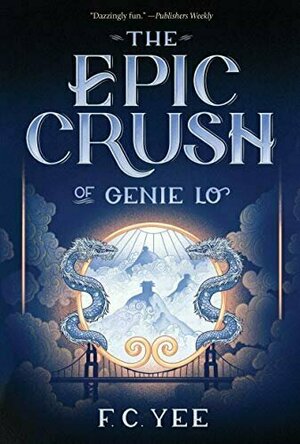
The Epic Crush of Genie Lo (The Epic Crush of Genie Lo #1)
Book
The struggle to get into a top-tier college consumes sixteen-year-old Genie’s every waking...
